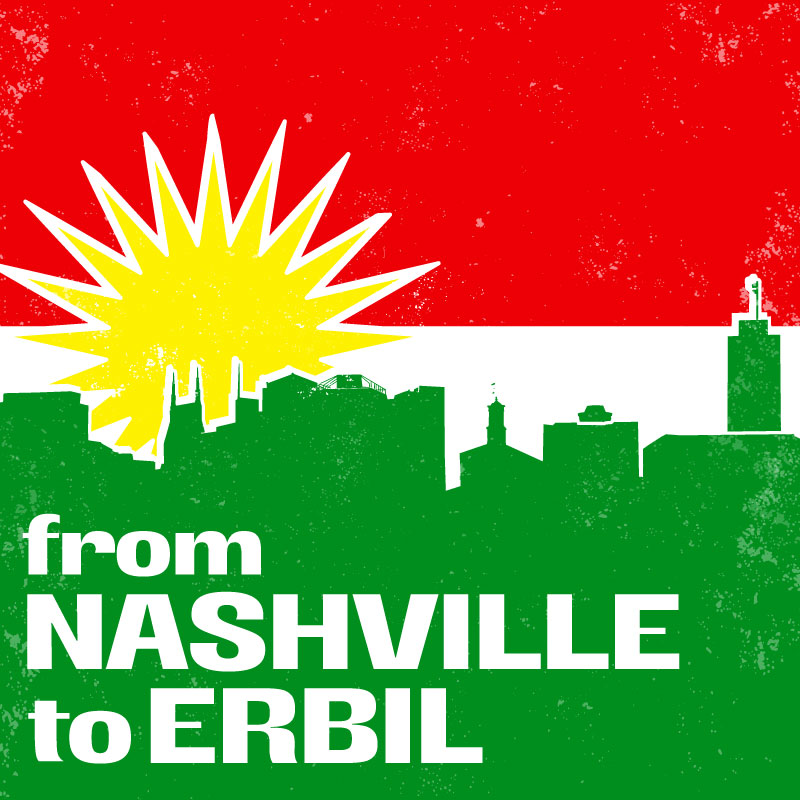The founding member of the Kurdish-American Congressional Caucus met with Nashville Kurds yesterday.
Congressman Lincoln Davis of Pall Mall formed the 14-member caucus in May.
He told Kurds living in Nashville, one of the largest populations outside of the Middle East, that this is not an attempt to help Kurds form their own independent state as many wish. But he listened to more than a dozen local Kurds who asked for more U-S support for their friends and family who remain in the region.
Camran Wani, who moved to Nashville in 1994 with a wave of refugees, says he wants assurance that a small military force will remain even when a central Iraqi government can stand on its own.
“That gives the Kurds who live in Kurdistan, the northern part of Iraq, some sort of guarantee that the semi-autonomous region that they are controlling, the self-governing system that they have, will not vanish.”
Wani fears a return to the persecution Kurds endured under the regime of Sadaam Hussein.
He hopes the new caucus will also expedite the citizenship process for himself and other Kurds. He says Middle Eastern names are often lost in the state department’s process.
WEB EXTRA:
One potential roadblock for the caucus may become actions and alleged action of the PKK, the Kurdistan Workers Party. As recently as Monday, the PKK was accused by the Turkish government of setting off bombs that killed 17 people. The PKK denied those allegations. Still, the U.S. considers the group a terrorist organization.
In the meeting, held at Belmont Baptist Church on Music Row, Congressman Lincoln Davis called the PKK a terrorist group. The 16 Kurds in attendance tried to set the record straight, telling the Pall Mall Democrat that the Kurdistan Regional Government has no ties and does not directly support the PKK, but it doesn’t label the rebel group a terrorist organization either.
Camran Wani, an environmental engineer in Nashville, says the cause of Kurds in Turkey is the same fight Kurds waged in Iraq – a fight for basic human rights. He says he sympathizes with the PKK, but he also doesn’t believe they are responsible for attacks they have been accused of carrying out. Wani says he blames fundamentalist Turks.


